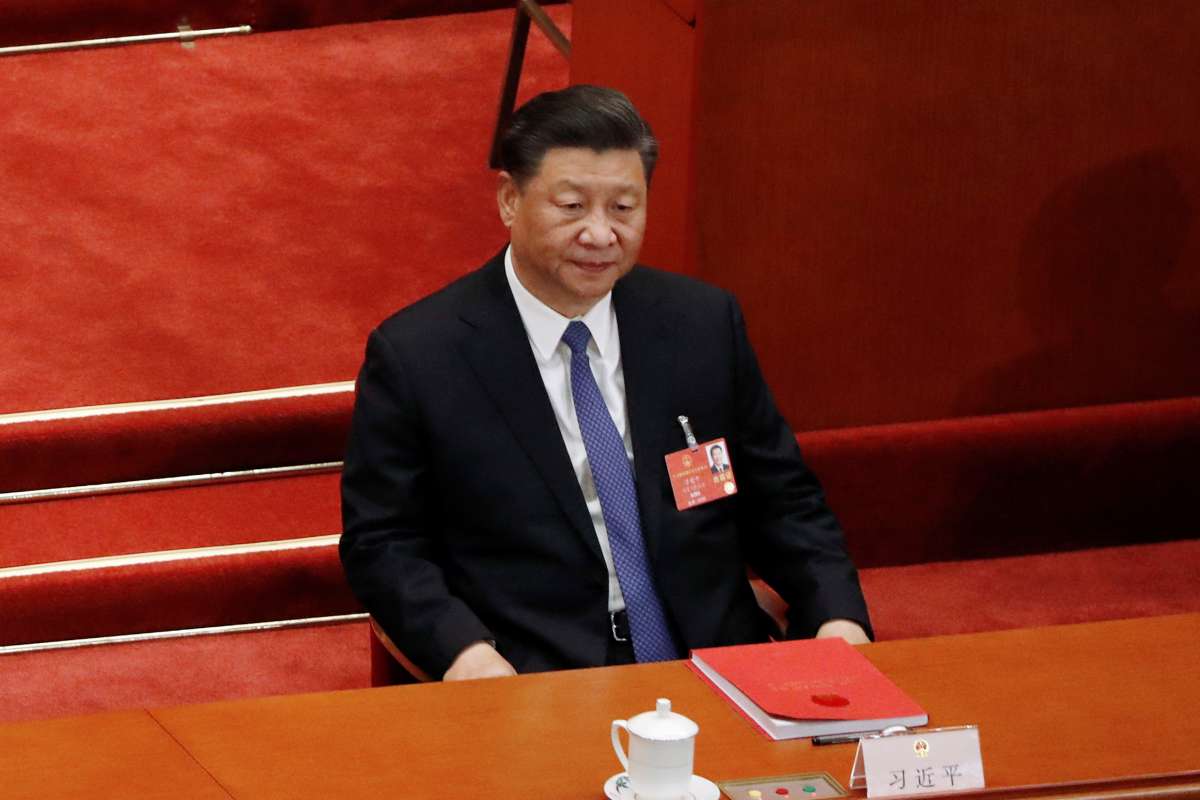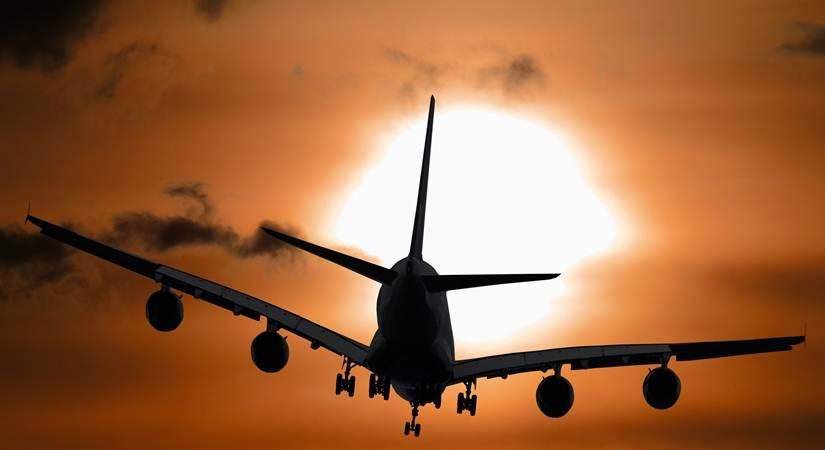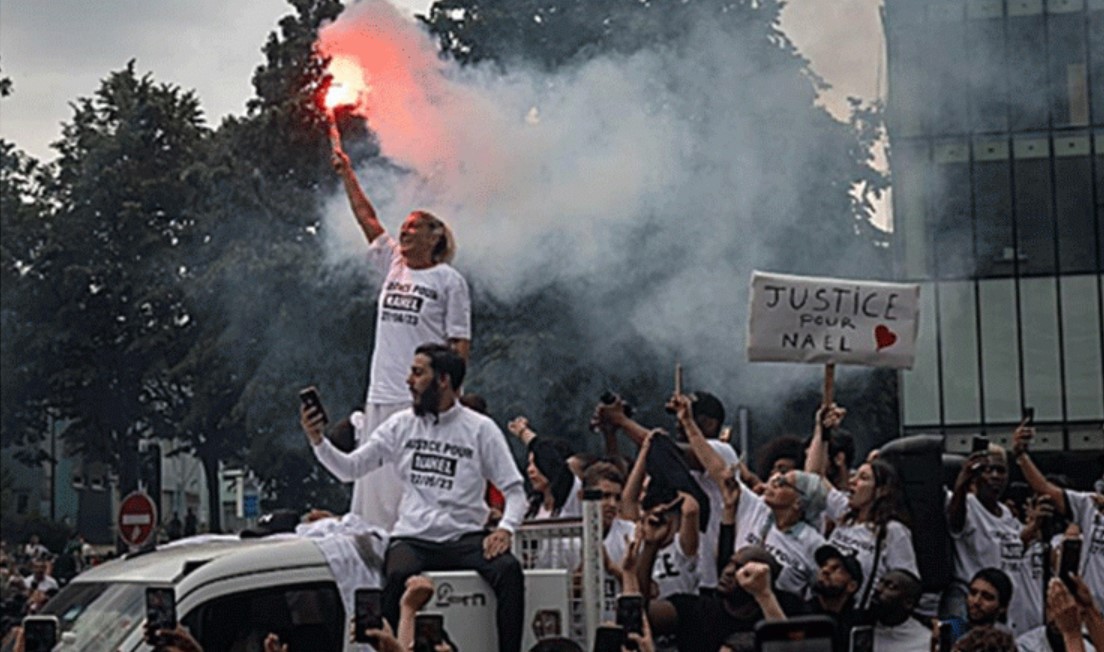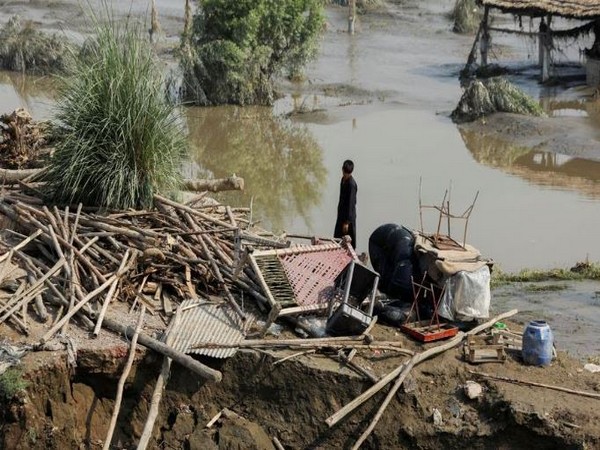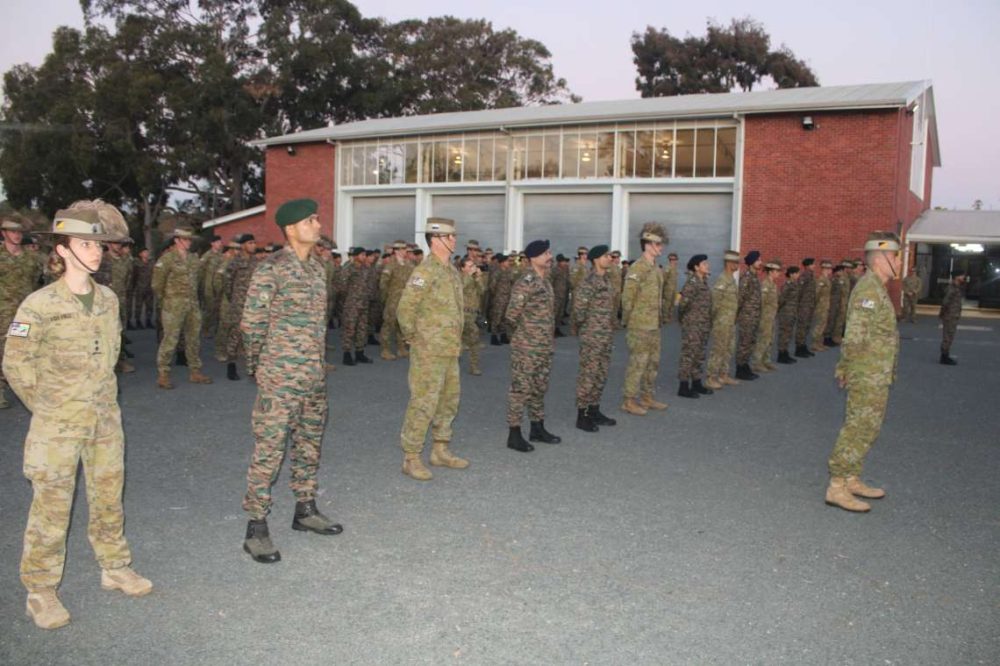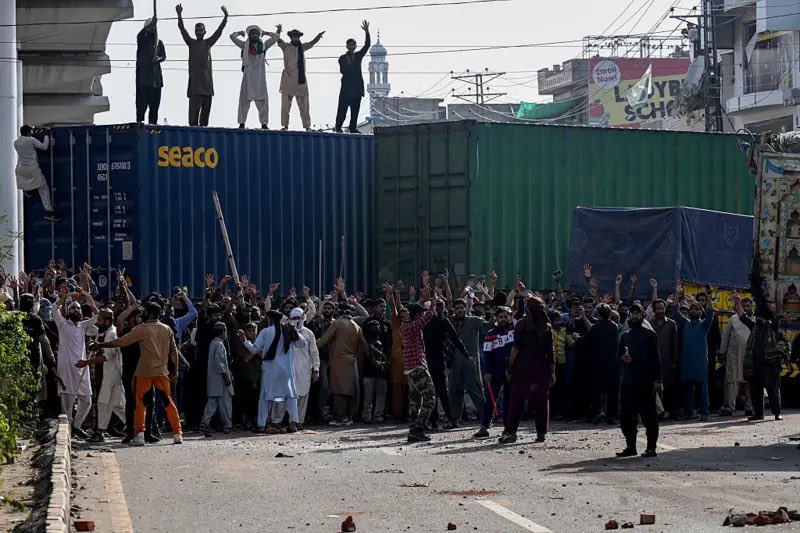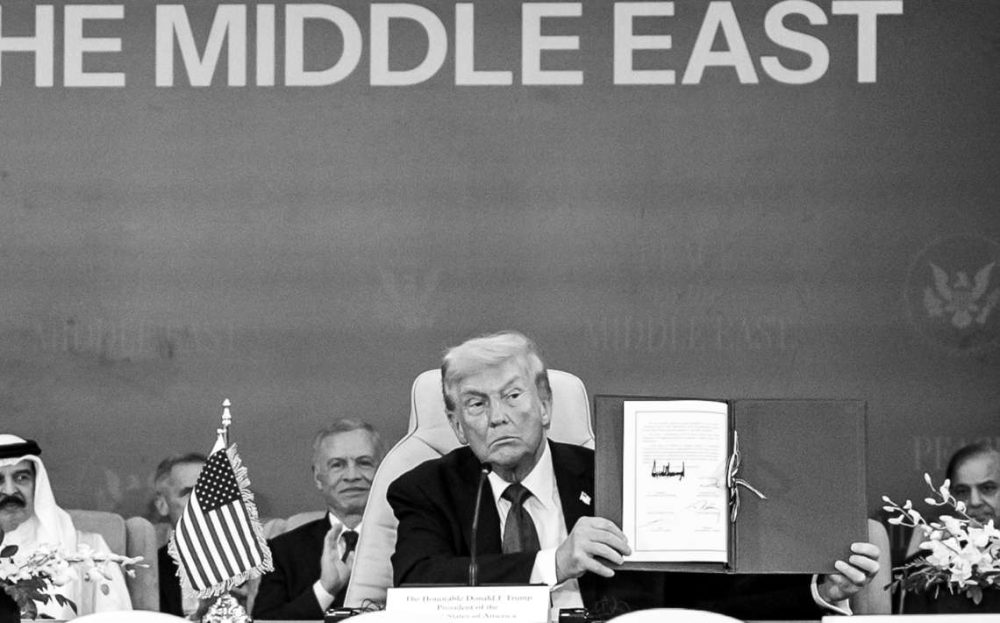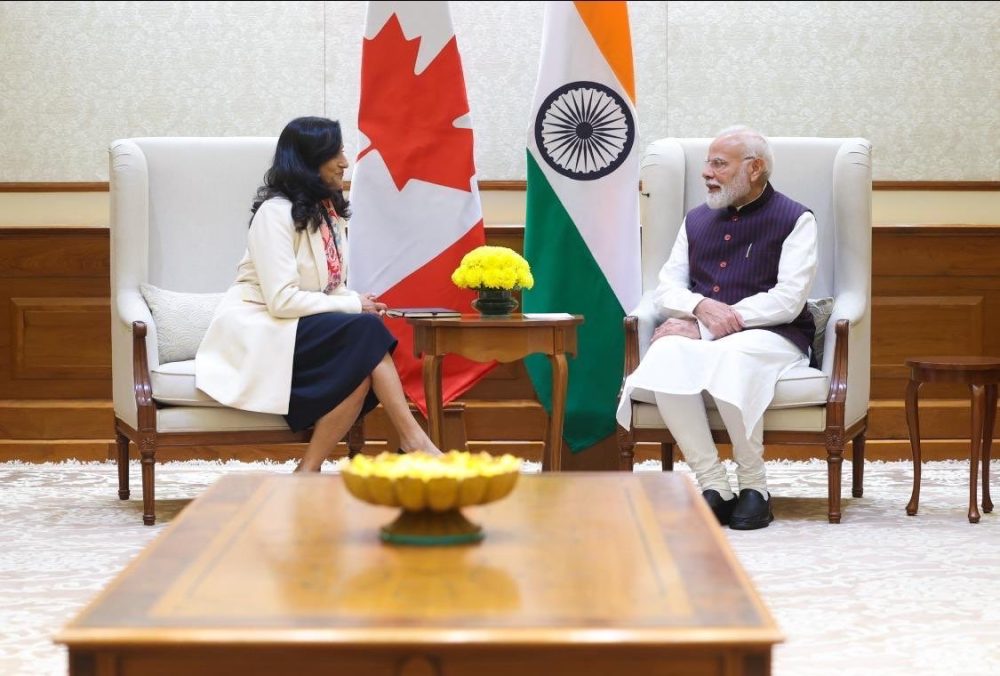Kathmandu claims that no BRI projects have been carried out in Nepal…reports Asian Lite News
China is unilaterally placing projects in Nepal under its Belt and Road Initiative. China’s claim on December 31 that the Pokhara International Airport is its flagship project in Nepal under the BRI was a surprise, reported The Kathmandu Post.
Beijing made the assertion on the eve of Prime Minister Pushpa Kamal Dahal’s inauguration of the new airport. Since then, confusion has seized Nepal’s diplomatic circles, as China has unilaterally placed one project after another in Nepal under the BRI. Last Friday, the Chinese Ambassador to Nepal tweeted that the Wechat Pay Cross-border Payment Service Inauguration in Nepal is a new step forward in financial connectivity, one of the BRI’s five pillars of cross-border linkage.
Kathmandu, on the other hand, claims that no BRI projects have been carried out in Nepal, as per The Kathmandu Post.
The Kathmandu Post is Nepal’s English-language daily, launched in February 1993 as the country’s first private-run English-language broadsheet.
While speaking in the House of Representatives on Monday, Foreign Minister NP Saud said, “The project implementation plan of the BRI is at a stage of discussion between Nepal and China. Not a single project in Nepal under the BRI has been executed. The project implementation plan of the BRI is still under consideration.”
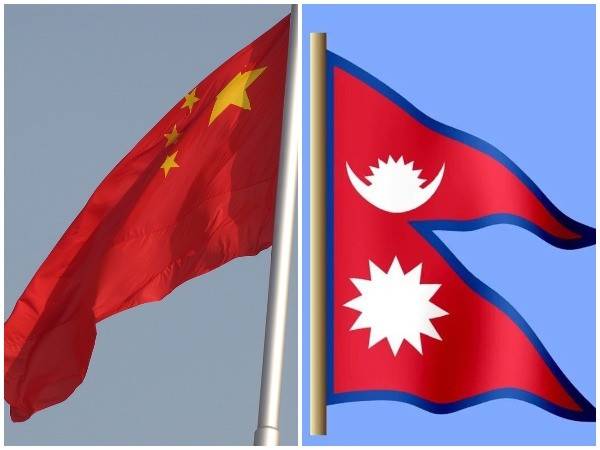
Nepal-China relations have recently devolved into an exchange of words, with one side claiming a specific project is covered by the BRI and the other claiming it is not. According to international policy experts, the misunderstanding would not benefit Nepal. Why has China included projects in the BRI?
According to Khadga KC, professor at Tribhuvan University’s Department of International Relations and Diplomacy, the Chinese side may have listed the projects to demonstrate increased engagement between Nepal and China, reported The Kathmandu Post.
“They might have wanted to increase their engagement and visibility in Nepal, which, they believe, is pale in comparison to India,” he said.
KC also noted that regional and global powers always want to show off their clout in other countries, especially those in their regions, to display their sphere of influence. “China is a global power, it wants to engage and show its influence, but so does India, being a regional power,” he added.
Part of the reason for the confusion is Nepal’s lack of negotiation skills, and its unwillingness to bargain with China, said Sundar Nath Bhattarai, the executive chairman of the China Study Centre, a Kathmnadu-based think-tank. “We are lazy. Either the foreign ministry or other authorities should clarify things through negotiations. Is Nepal not a member of the BRI? Have we not taken part in BRI conferences?” he added.
Bhattarai went on to say that Nepali authorities’ public rebuttals of China’s allegations have simply created problems and serve no national benefit, according to The Kathmandu Post.
Nepal initially picked 35 projects to be implemented under the Belt and Road Initiative after Nepal and China signed the framework agreement in 2017. The total number of projects was later reduced to nine. The list omitted the Pokhara airport, which China has now included in the BRI. In March 2016, the government inked a USD 215.96 million soft credit arrangement with China to develop a new airport in Pokhara, with no mention of the BRI.
While China has included its projects in Nepal as part of the BRI, the two sides have not explicitly agreed on whether the BRI projects will be loan-based or grant-based.
Given the size and structure of Nepal’s economy, the then Sher Bahadur Deuba government informed the Chinese side that Nepal does not want loans and would rather handouts. If a loan is unavoidable, the interest rate should be comparable to that of multilateral lenders and should not exceed 1 per cent each year. The previous Deuba administration said that Nepal could not take commercial loans to support BRI projects. The Nepali side is also attempting to have the payback time extended to 40 years or more.
Even as Nepal has been seeking grants, speaking to journalists on April 22 earlier this year, the previous Chinese ambassador to Nepal Hou Yanqi said the BRI will consist of both grants and commercial loans. She said, “It is based on a cooperative modality that includes grants and commercial operation,” as per The Kathmandu Post.
Hou also clarified that several projects that China is presently building in Nepal fall under the BRI framework.
Hou said, “This [BRI] is a long project. The projects that are being constructed in Nepal under BRI have three modalities. First, it is like Gautam Buddha Airport in Lumbini where the ADB has invested and the Chinese contractors have worked. Second, the modality of Pokhara Airport where China’s commercial loans and grants are there and the construction company is also Chinese.”
He added, “And, the third modality is like the Tribhuvan International Airport in Kathmandu. The responsibility of improving this airport has been given to a Chinese company and the cost will be borne by the Nepal government.”
However, some foreign policy experts worry that China’s eagerness to include any project in the BRI may damage its diplomatic standing, The Kathmandu Post reported. (ANI)


